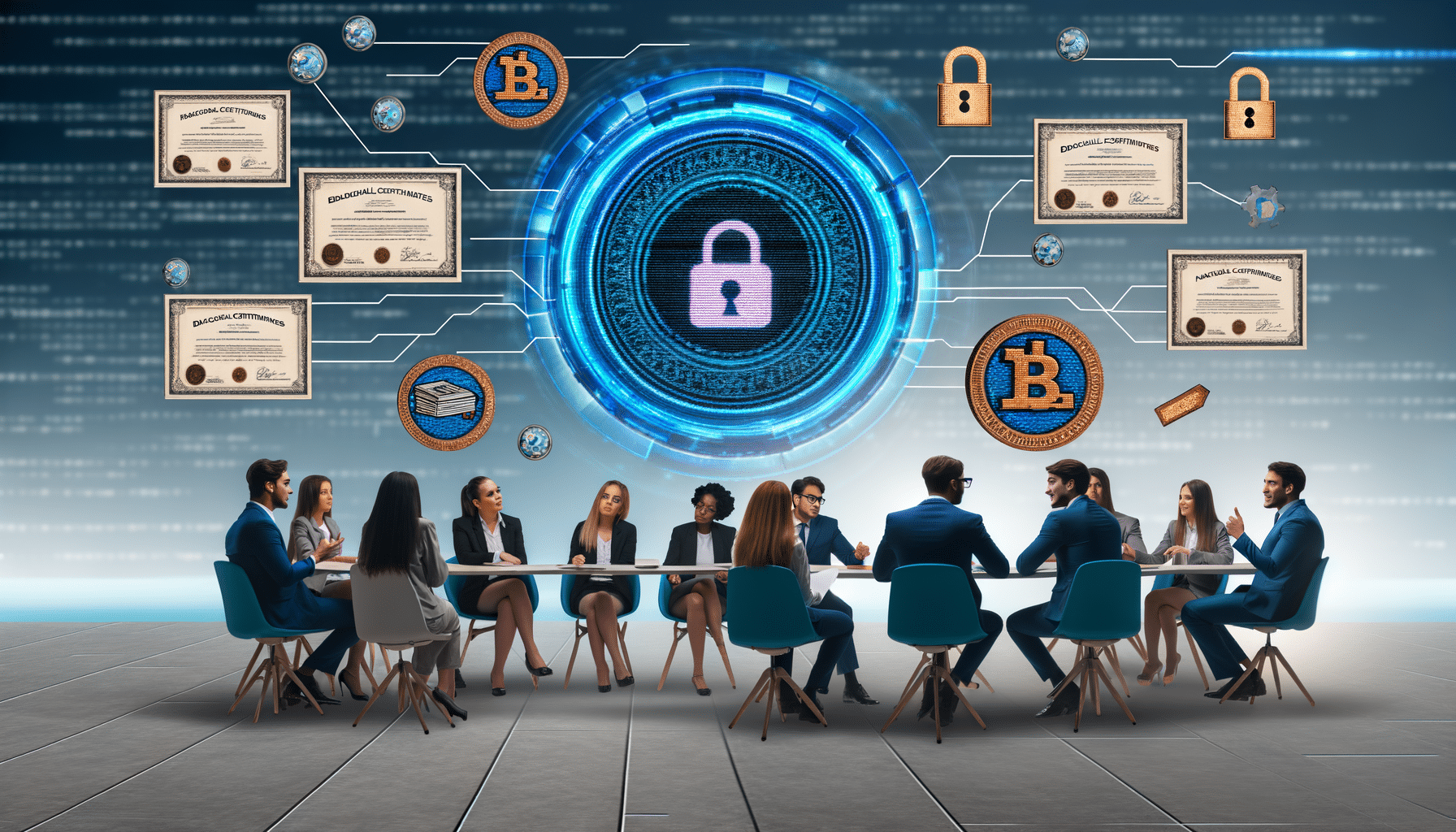Understanding the Blockchain Revolution in Education
In recent years, one of the challenges in the education sector that persistently nags institutions and employers alike is the prevalence of fake educational certificates. As someone deeply involved in technology innovation, I’ve often pondered how we can leverage the tools we have to combat this pervasive issue. The answer lies in blockchain, a groundbreaking technology with the potential to reshape many aspects of our lives, including the education sector.
Why Educational Certificate Fraud Matters
In a world increasingly reliant on credentials, the implications of educational certificate fraud are vast. It’s detrimental not only to employers, who may hire underqualified candidates under false pretenses but also to educational institutions whose reputations can be tarnished by association. The traditional methods of verification are inefficient and often susceptible to manipulation.
Implementing a robust verification process is critical. This is where blockchain technology enters the equation—offering an innovative solution that enhances transparency and trust.
How Blockchain Transforms Verification
Blockchain technology is a decentralized digital ledger that records transactions across many computers. This ensures that the recorded data cannot be altered retroactively without altering all subsequent blocks, providing a secure and tamper-proof system.
In the context of education, blockchain can securely store digital certificates, which are easily and reliably verifiable. Here’s how it works:
– Decentralized Ledger: Since no single entity controls a blockchain, it eliminates the risk of fraudulent modifications.
– Immutable Records: Once a certificate is recorded on the blockchain, it cannot be changed, ensuring the integrity of educational qualifications.
– Instant Verification: Employers or institutions can instantly verify the credentials without needing to contact the issuing body directly.
Blockchain’s decentralized nature makes it ideal for creating a secure, fraud-resistant environment for academic credentials.
Case Studies: Blockchain Implementation in Education
Let’s take a look at some pioneering examples where blockchain has been implemented within educational frameworks:
1. MIT and Digital Diplomas: The Massachusetts Institute of Technology (MIT) has been at the forefront of blockchain application for credentials. It allows graduates to receive a digital version of their diploma through a blockchain platform, making it simple to verify authenticity.
2. University of Nicosia: As the first university to issue blockchain-based academic certificates, the University of Nicosia in Cyprus demonstrates that blockchain can significantly enhance the reliability of educational certification.
3. Indian Institutes of Technology (IITs): In India, various IITs are exploring blockchain to distribute and authenticate degree certificates with the native ethos that this technology will revolutionize record-keeping.
These initiatives illustrate the potential of blockchain to revolutionize the way educational qualifications are verified globally.
Challenges and Considerations
Despite its clear benefits, the integration of blockchain in education does come with some challenges:
The path to widespread blockchain adoption in education requires collaboration among educational institutions, regulatory bodies, and technology providers.
The Future of Blockchain in Education
As we move forward, the potential of blockchain in the education sector becomes more apparent. The technology not only protects against fraudulent activities but embodies values of transparency and trust, which are indispensable in education.
By embracing blockchain, we can create a standardized, reliable framework for credentials and accolades across the globe, thus facilitating smoother transitions for students and professionals moving between regions and industries. This is just one of the many ways blockchain will redefine the future.
In conclusion, blockchain is not merely a buzzword; it’s a powerful tool that holds the key to eradicating educational fraud. As we delve deeper into this area, I encourage you to stay informed and consider how blockchain can impact your field. For more insights into how technology like blockchain innovates industries, follow along as we explore this exciting journey together.
